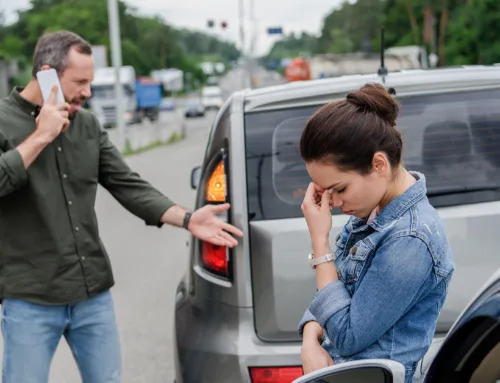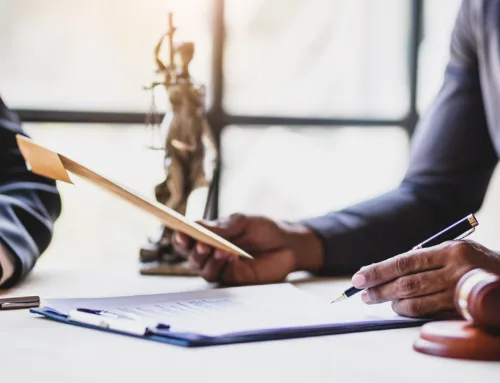A herniated disc caused by an accident can be a challenging injury to recover from. The spine is a vital and fragile part of the body, and injuries can cause both neck and back problems. If you have experienced a cervical disc herniation or lumbar disc herniation, then you understand the difficulties associated with these types of injuries.
You deserve the chance to hold the at-fault party responsible for the damage they’ve caused. If you would like to discuss the possibility of filing a legal claim for a herniated disc, Flanagan Law is here to help you.
Lumbar vs. Cervical Disc Herniation
The spine is composed of vertebrae with cushions called discs in between, and it goes from your neck all the way to your tailbone. It protects your spinal cord, which is a fluid-filled tube in the center of the spine. The cervical spine includes the top seven vertebrae in your neck. The lumbar spine is located in the lower back.
Disc herniation in these two areas is the same injury but can cause different symptoms due to the two different positions on the spine.
Cervical Disc Herniation
Your cervical spine and discs provide stability for your neck and allow it to move in all directions – side to side and up and down. Herniation occurs when the outer lining of the disc is torn or has a weak area that causes the jelly-like substance within the disc to seep out. Symptoms of cervical disc herniation include pain, numbness in the shoulders or arms, weakness in hands or arms, and difficulty with fine motor skills.
There is no universal cervical disc herniation prognosis, as everyone’s recovery time and treatment needs are unique. Some people recover within six months and can resume normal activities at that point. Other people require surgery to address the herniation if other treatments are not successful.
Lumbar Disc Herniation
The lumbar spine consists of five sections in the lower back. Disc herniation in this area often causes symptoms in the legs and feet, including numbness, tingling, pain, swelling, weakness, and difficulty walking.
Lumbar disc herniation treatment depends on the severity of the injury, symptoms, and other medical conditions. Treatment can include:
- Physical therapy
- Pain treatment, such as injections and medications
- Spine manipulation
- Surgery
Filing a Claim for Herniated Discs in Georgia
The force of a car accident can cause a herniated disc. If that has happened to you, Georgia provides legal recourse for you to seek compensatory damages. Spine injuries are frightening and have the potential to be debilitating. You deserve justice when someone else’s negligence or recklessness causes you to suffer such an injury.
If the other driver has car insurance, that company will likely be responsible for covering your damages. You may be able to seek a settlement from the insurer. The other option is to litigate your accident claim in court. If you have questions about which option is best for you, contact a personal injury attorney to discuss your case.
An Advocate for Injured Accident Victims in Georgia
The personal injury attorneys at Flanagan Law understand that each accident case is unique and requires a personalized approach. We always take the time to listen to our clients. We acknowledge their struggle, hear their concerns, and then create a tailored strategy to find them the justice and peace they need to recover fully. When you’re ready to get started, contact us to schedule a free consultation.


